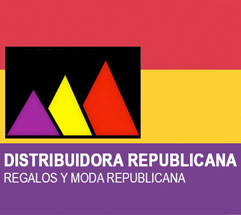Red Hat Open Source Agreement
The Open Source Initiative (OSI) has a 10-part open source definition derived from the Debian guidelines for free software. The Free Software Foundation (FSF) has a 4-part definition of free software. The OSI and FSF interpret their definitions to determine whether or not certain licences are compliant; they largely agree with these findings. They also agree that the availability of modifiable source code is essential. However, neither organization has comprehensively evaluated the hundreds of licenses that cover the code that appears in the thousands of Red Hat product packages. Red Hat necessarily makes its own definition if a licence is open source and examines in part the definitions and interpretations of the FSF and the OSI. In Fedora`s case, these findings are included in the publicly available Fedora licensing lists. A minority of upstream projects that are not carried out by Red Hat require contributors or their employers to sign a contribution agreement (CLA) or any other form of special contribution agreement. Please consult the Red Hat guidelines for third-party agreements before taking further action. Red Hat employees can obtain the certification required by the Certificate of Origin Development (DCO) and used by some projects (however, standard variants of the DCO should not be verified by the Open Source Legal Team).
The open source program charter includes assistance to engineering and product leaders in business case development, recommendations for minimum resource commitments, recommendations for the inclusion of community plans in the division`s strategic plan, and co-development of launch plans (deployment of infrastructure, events, media). In much of our commitment to open source projects, we strive to meet the highest standards for community development and, indeed, we have been at the forefront of developing these practices for many years. However, we recognize that we have not done so in certain current and historical situations for various commercial or other reasons. The issue of best practices for community development is a central concern for many Red Hat employees and is the subject of internal and public debate, but it is largely outside the current scope of this document. As a company, we want to continuously learn from our experience in the practice of open source, and one of the effects is our adaptation of the basic principles of open source culture to other aspects of our business, as shown by our work on The Open Organization and the Open Decision Framework. While open source is in principle defined by (usually) legal criteria, it is also associated with best practices for community software development and the creation of engaged communities.

